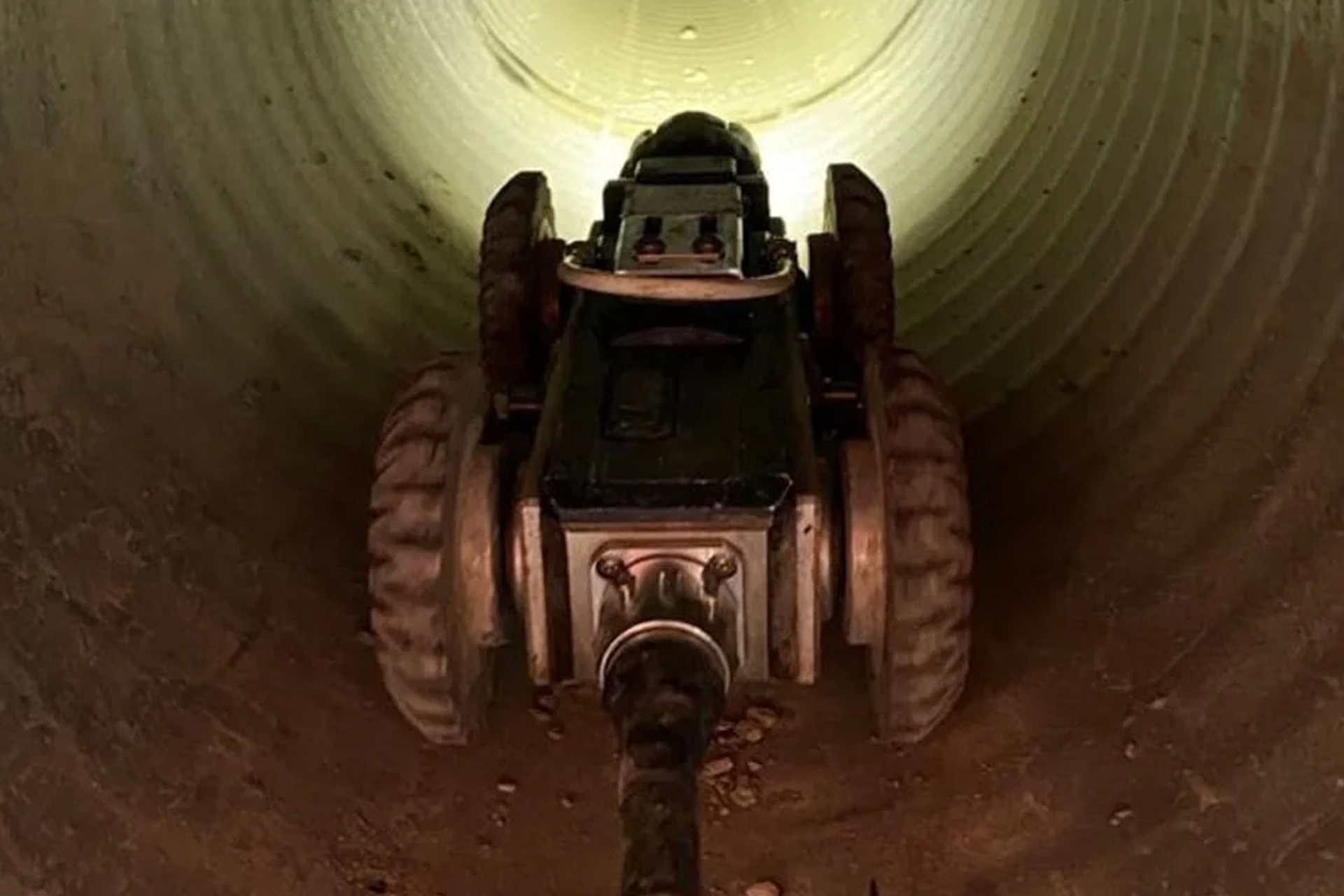Things about Reclaim Waste
Things about Reclaim Waste
Blog Article
3 Easy Facts About Reclaim Waste Shown
Table of ContentsFacts About Reclaim Waste RevealedReclaim Waste Can Be Fun For EveryoneThe smart Trick of Reclaim Waste That Nobody is Talking AboutThe Best Guide To Reclaim WasteNot known Facts About Reclaim Waste
Check out the types, events, and types of liquid waste. Residential sewage waste describes the waste and items from a domestic septic system. This kind of waste is produced by people in homes, schools, and various other buildings. This only consists of sewage-disposal tanks that have a drainpipe field. The correct administration and disposal of residential sewage waste call for liquid waste to be moved to a sewer treatment plant where the appropriate techniques and equipment are related to purify and dispose of waste.
Commercial waste commonly consists of potential dangers, such as combustible materials or a mix of fluid and strong waste items, and calls for a more advanced and comprehensive disposal process. The disposal of industrial waste normally includes the purification of waste before transportation to make sure secure and proper disposal. Industrial waste is created from by-products and overflow of commercial procedures and manufacturing.
This kind of waste can not make use of the same sewage administration transportation or processes as septic or industrial fluids. The hazardous waste monitoring procedure calls for the inspection and testing of liquid waste before it goes through the disposal process (liquid waste disposal). Runoff waste is the liquid waste that originates from runoff and excess stormwater in highly populated areas or cities
Overflow waste can cause contamination and flooding if not dealt with correctly. Discover extra about sewer cleansing and waste administration. Ensuring appropriate waste management can stop calamities and decrease environmental harm. Both people in residential settings and experts in business or manufacturing sectors can take advantage of recognizing the procedures and laws of liquid waste monitoring.
Some Of Reclaim Waste
Call PROS Solutions today to find out about our waste monitoring and disposal services and the appropriate means to take care of the fluid waste you produce.
(https://www.huntingnet.com/forum/members/reclaimwaste1.html)This so-called 'wastewater' is not just a crucial source however, after therapy, will be launched to our land, waterways or the sea. Used water from bathrooms, showers, bathrooms, cooking area sinks, washings and industrial procedures is known as wastewater.

water utilized to cool down machinery or clean plant and tools). Stormwater, a form of wastewater, is overflow that moves from agricultural and metropolitan locations such as roofing systems, parks, yards, roadways, paths and rain gutters right into stormwater drains, after rain. Stormwater moves neglected straight to neighborhood creeks or rivers, eventually getting to the sea.
Rumored Buzz on Reclaim Waste
In Queensland, the majority of wastewater is treated at sewage treatment plants. Wastewater is carried from domestic or commercial sites with a system of sewage systems and pump terminals, called sewage reticulation, to a sewer therapy plant. Regional federal governments construct, keep and run most sewer treatment plants. Operators are certified under the Environmental Management Act 1994 to discharge treated wastewater at an appropriate ecological requirement right into waterways.
The Division of Natural Resources advises city governments concerning handling, operating and preserving sewerage systems and treatment plants. In unsewered locations, neighborhood federal governments may require homeowners to mount specific or home sewage treatment systems to treat residential wastewater from commodes, kitchen areas, shower rooms and laundries. The Division of Natural Resources authorizes using household systems when they are confirmed why not check here to be efficient.
In some new communities, treatment of some stormwater to get rid of litter, sand and crushed rock has started using gross contaminant catches. Wastewater treatment takes place in four phases: Gets rid of solid issue.
Makes use of tiny living organisms understands as micro-organisms to damage down and eliminate remaining dissolved wastes and great bits. Micro-organisms and wastes are incorporated in the sludge.
Indicators on Reclaim Waste You Should Know
Nutrient removal is not available at all sewer therapy plants due to the fact that it needs expensive specialized tools. Clear fluid effluent created after therapy may still contain disease-causing micro-organisms - liquid waste disposal.

The majority of wastewater streams right into the sewerage system. Under the Act, regional governments carry out authorizations and licences for eco relevant tasks (ERAs) including wastewater launches that could have a local impact.
An Unbiased View of Reclaim Waste
Tracking gives valid info about water quality and can confirm that permit problems are being met. The information acquired via surveillance provides the basis for making water high quality choices.
Report this page